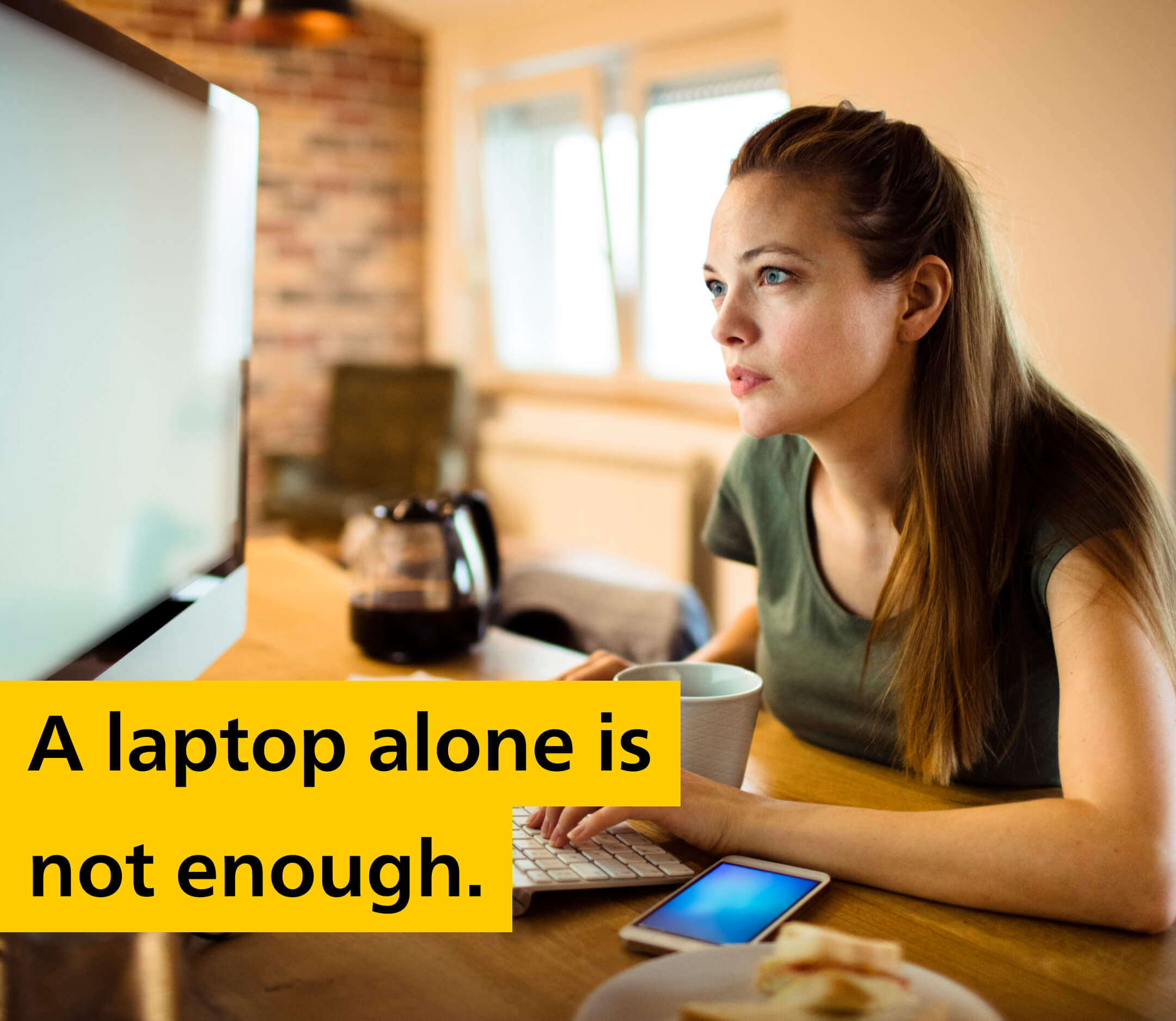Kids, clicks and consequences: safe use of social media
Social media are an integral part of our everyday lives – and this is the case for our children too. There are numerous possibilities, but also risks. It is therefore important that as parents, we pass on the responsible use of social media to our children.
Social media seem harmless at first glance: a photo here, a comment there. But have you ever thought about the traces your child leaves behind online? It is important to set clear rules and discuss what should and should not be shared on social media. They must understand that what they share online can be seen by many others. It is therefore advisable to only share content that they would share with anyone in person.
To promote the responsible use of social media, parents can agree on specific rules with their children. Here are some examples:
- Protect your privacy: discuss together which personal information should not be shared on social media, such as address, phone number, or date of birth. Explain to your children that they should be careful if strangers ask for such information.
- Online friendships: talk about how not everyone who claims to be a friend online is actually a friend. Encourage your children to only add people they know personally and trust as friends.
- Respectful interaction: emphasise the importance of respect and courtesy when interacting with others on social media. Your children should not write offensive or hurtful comments and should be aware of how their words may affect others.
- Assessing media content: encourage your children to be critical and to question content on social media. They should learn to distinguish between trustworthy and unreliable information and to look for reliable sources when in doubt.
- Set time limits: agree together how much time your children can spend on social media each day. It may be helpful to set specific time slots so they avoid using social media during meals or before bed.
- Talk about any problems: encourage your children to let you or someone they trust know if they encounter problems or inappropriate behaviour on social media. You can find solutions together and offer help if necessary.
These rules serve as guidelines to encourage responsible use of social media and ensure the safety of your children. They can be adapted depending on the age and maturity of the children. It is important to speak openly with them about the potential risks and consequences, and to create a supportive environment in which they can turn to you if they have any questions or problems.
Social media as a source of information: opportunities and risks:
Social media offers a wealth of information and is therefore a popular source of information for children and young people. The advantages are obvious: current news, knowledge and exchange with like-minded people. But take care: not everything online represents the truth. Teach your children to be critical and to check sources.
When are children mature enough to have their own mobile phone?
The decision as to when your child is ready for their own mobile phone depends on various factors and there is no general answer. A few considerations may help you decide:
- Maturity: as a rule, children develop the necessary maturity to use a mobile phone responsibly from the age of 12 or 13.
- Everyday situations: if your child has a long way to go to school or is on their own after school, it might make sense for them to have their own mobile phone. This means you can stay in touch and know that your child is safe.
- Type of mobile phone: it does not always have to be the latest smartphone. A simple mobile phone with a prepaid card that does not have mobile Internet is often completely adequate when it comes to ensuring that you can contact your child.
Bullying in class chats: a serious problem
Another aspect of social media that parents cannot ignore is so-called cyberbullying. Class chats can play a particular part in this. Although they are often set up with good intentions for ease of exchange between students, they can also become a place where bullying occurs. It is important to make your children aware that disrespect, insults, or sharing inappropriate content online can be just as hurtful as bullying in real life. If your child witnesses bullying in a class chat, encourage them to report the situation – either to you, a teacher, or another trusted person.
You May Also Like
These Related Stories

What you should pay attention to when setting up your home office

GPT is my invisible assistant for everything life throws at me.

No Comments Yet
Let us know what you think